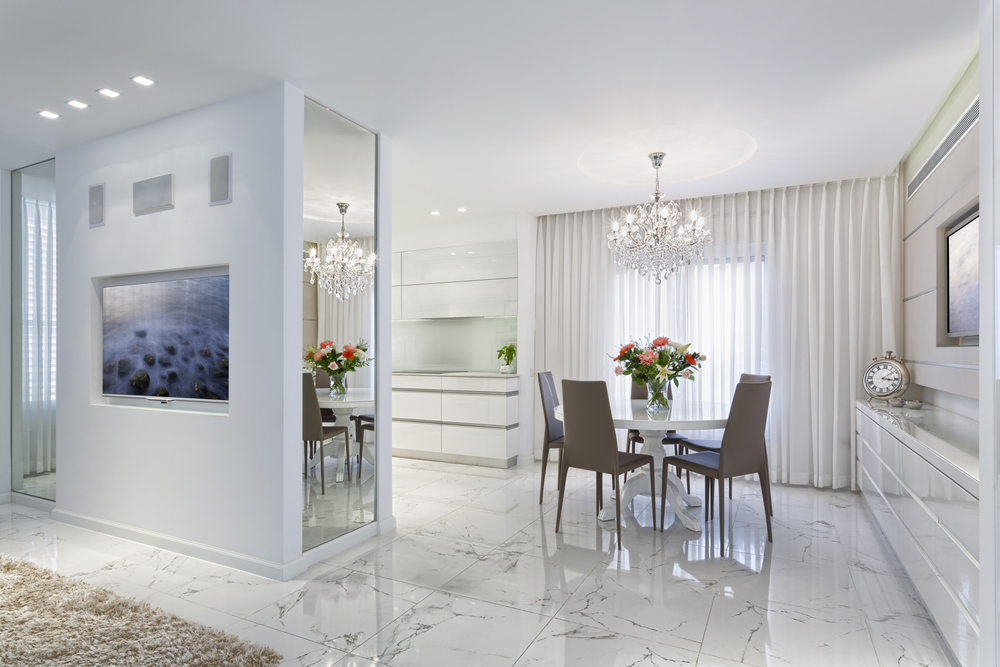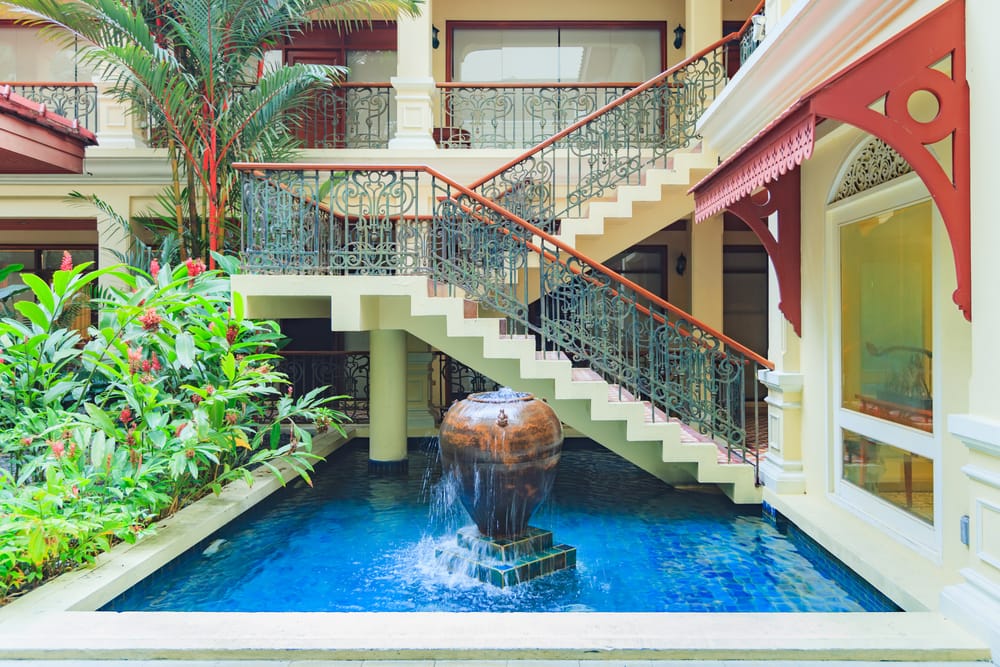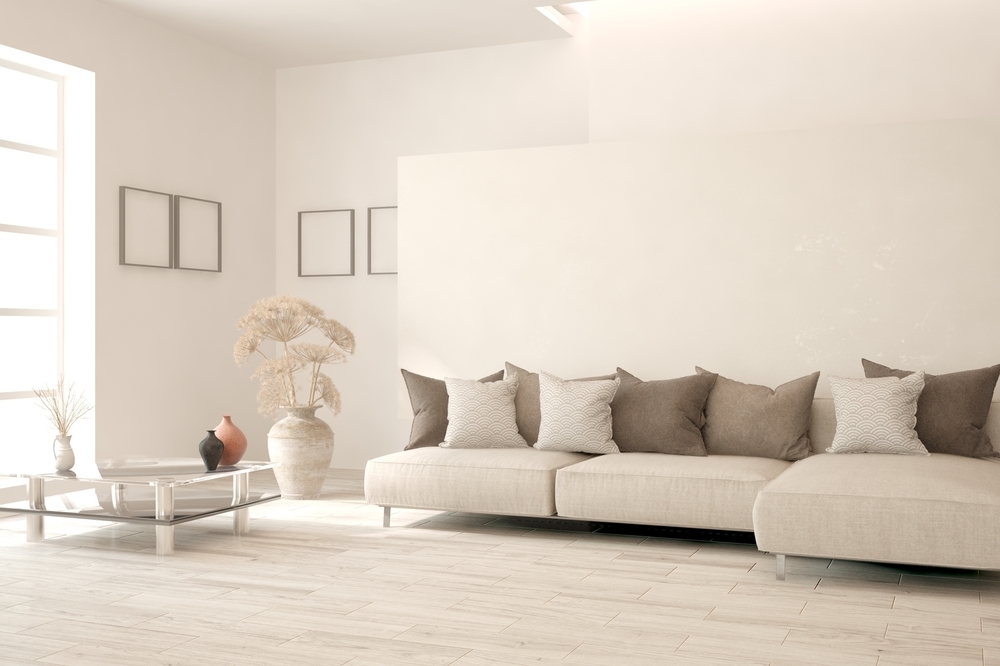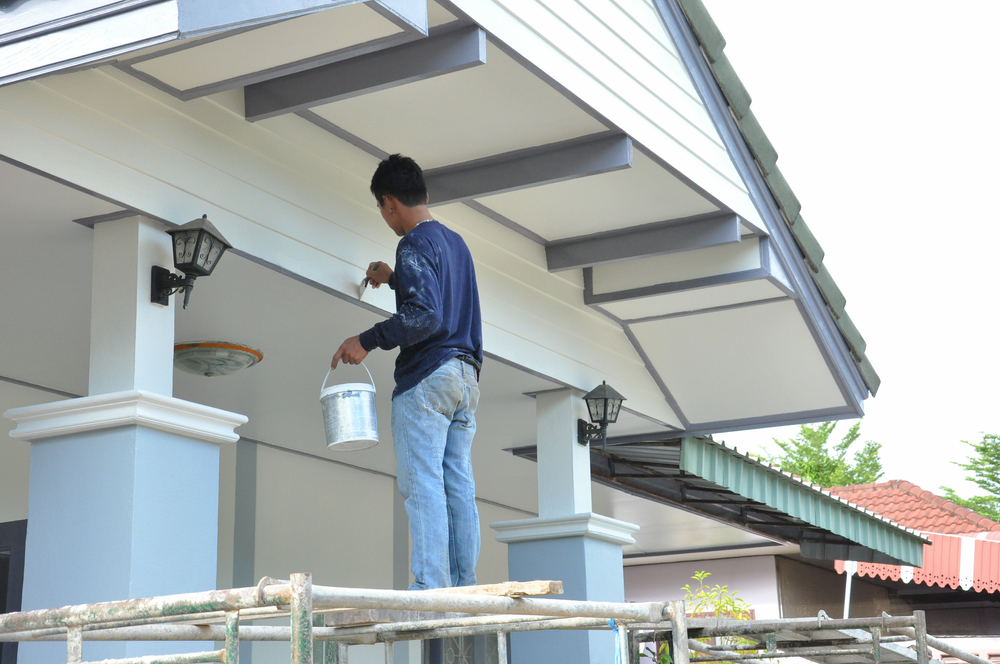Feng Shui, which translates to “wind water” in English, is an ancient Chinese philosophy that focuses on maximizing the flow of positive energy, known as qi (pronounced “chee”), in living spaces to promote harmony with one’s surroundings.
Feng Shui has been increasingly incorporated into interior design and architecture in the West to create more aesthetically pleasing and emotionally soothing homes. Proper implementation of these principles can enhance the ambiance, layout and perceived value of a property.
What is Feng Shui?
As one of the oldest examples of proto-science, Feng Shui is rooted in over 3,000 years of Chinese tradition based on observations of patterns and energies in natural landscapes. The central premise rests on the belief that landscapes and structures can be auspicious or inauspicious, depending on whether they facilitate the proper circulation of qi.
Qi refers to cosmic energy and has parallels to the Indian concept of prana. According to Feng Shui masters, stagnant or chaotic qi in one’s surroundings can negatively impact physical and mental health, relationships, and even financial prosperity. However, architectural designs and interior arrangements that allow qi to flow smoothly promote wellbeing in various areas of life.
A few core principles guide enhancements for different rooms in a home. These include the recognition of negative features that create obstructions or traps for qi — such as awkward corners, cluttered spaces, and offensive odor or lighting.
The goal is to counterbalance or eliminate these negative elements through positive enhancements aimed at empowering, harmonizing, clarifying and uplifting energy in a room. Common examples include the strategic placement of mirrors, lighting, artwork, fragrances, and greenery to balance qi flow. When applied properly throughout a property,
Feng Shui principles create interiors that feel serene, spacious, and aesthetically uplifted.
Feng Shui throughout Your Home

The main rooms and outdoor spaces in homes have different priorities in design. By analyzing the intended purpose and optimal energy profile for each area, tailored improvements can be made that elevate the entire property.
Living Room
Since the living room functions as the heart of a home where families gather and bond with guests, it should invite warm, vibrant, and uplifting qi energy.
Strategic furniture placement is key — heavier pieces with straight lines work best parallel or perpendicular to walls while lighter furnishings can have diagonal or floating placements. Visually enticing artworks, live plants, playful splashes of color, and proper lighting balance can turn a living room into an inviting sanctuary and emotional haven.
Great Room
For spacious great rooms that combine multiple functions like eating, cooking, entertainment and meetings, sectioning through creative furniture arrangements is vital for optimizing navigation and tasks while preventing a chaotic atmosphere. Different seating, lighting, textures, and greenery can define each zone like reading nooks and dining areas without overwhelming the space. Continuing sightlines between areas strengthens cohesion and positive qi flow.
Dining Room
As the social and communal heart of food and nourishment for households, dining rooms thrive on togetherness, laughter, and lively conversation. A round or oval-shaped dining table radiates equality among people while smooth table surfaces signify harmony.
Positioning the dining set solidly on the ground without obstruction below or behind makes diners feel fully supported. Finally, decorations using natural shapes, materials and colors mimic nature to allow qi to circulate unimpeded.
Kitchen
Since the kitchen directly governs nourishment for health and longevity, it emphasizes vibrant energy flow more than other rooms. Strategies include positioning cabinets, appliances and tools based on cooking sequences so chefs transition seamlessly from storage to cleaning to preparation to cooking.
Separating storage from cooking areas clears clutter to invigorate chef focus and precision while keeping sinks and stoves away from dining zones prevents contamination of eating areas.
Bathroom
As wet rooms filled with the gushing energy of water and washing elements, bathrooms thrive through proper control and drainage of moisture. Visual clutter diminishes while rooms feel cleansed through simplicity and organization.
Dramatic peaks and high shelves trap rising steam so smart storage and smooth surfaces allow moisture qi to discharge smoothly. Ample natural light and ventilation dispels stagnant energy.
Bedroom
Since restful sleep and intimacy share top priority in bedrooms, Feng Shui accommodation starts with positioning beds diagonally across from, and in full view of the entry door while having a commanding position overlooking the entirety of the space.
Separate areas cater to romance, introspection, clothing and preparations for harmonious energy cycles. Finally, managing brightness, sounds and electromagnetic frequencies creates sanctuaries facilitating deep sleep and rejuvenation.
Patio
Extending living spaces outdoors to immerse people in the regenerative energies of sun, air and nature, Feng Shui patios serve as transitional portals bridging interior comforts with exterior vitality.
Strategic placement of seating, focal points, cooking areas, and plants weave together indoor room arrangements with views, pathways and plantings outdoors for seamless qi flow. Tiered seating and graduated plant heights ease the transitions from ground to sky.

Outdoors
The dispersive nature of exterior spaces thriving through movement and seasons means landscapes in Feng Shui emphasize holistic orchestration across zones facilitating qi flow from arrival points to activity areas out towards the nourishing periphery.
Transition spaces ease movements between formal/leisure zones, active/passive zones and enclosed/expansive zones through intentional plantings, pathways and focal points across water, earth, metal, wood and fire elements. What harmonizes indoors may clash outdoors, so professional landscape lighting opens new dimensions for evening ambiance planning.
Impact of Feng Shui on Property Value
By enhancing aesthetics, functionality, and emotional appeal through intentional Feng Shui upgrades, properties can boost perceived value and marketability via several avenues. Heightened ambiance adds unique touches distinguishing one home over comparable listings through sensory stimulation and layout advantages.
Emphasizing architectural “bones” to harmonize positive energy elevates a home’s overall desirability. Feng Shui upgrades also future-proof value by showcasing careful improvements that purchasers appreciate.
Small upgrades limiting negatives while elevating positives enhance livability and flow at minor upfront costs relative to ensuing value gains. Even simple improvements through organization, lighting or accessorizing based on Feng Shui make homes stand out while checking boxes for what appeals to buyers. In summary, skillful use of Feng Shui catalytically enhances property equity.
Feng Shui Frequently Asked Questions
What are the basic principles of Feng Shui?
The basic Feng Shui principles focus on facilitating the smooth flow of positive energy (qi) by 1) identifying and improving negative spatial elements like clutter and obstructions that create energy blockages and 2) enhancing positive energy through strategic placement of lighting, colors, art, mirrors, water and greenery.
How can Feng Shui improve the energy in my living room?
Simple upgrades like removing clutter, anchoring furniture placements, creating inviting sitting areas, harmonizing colors, and balancing lighting intensities and color temperatures facilitate enhanced qi circulation that makes living rooms more welcoming.
Are there any specific colors recommended for a Feng Shui bedroom?
Soft, darker and muted bedroom colors like blues, greens and purples invoke rest, tranquility and intimacy compared to brighter reds, yellows and oranges that stimulate active energy unsuitable for restful spaces and sleep.
Can Feng Shui principles be applied to small apartments?
Absolutely. Since Feng Shui focuses on energy flow rather than physical size, enhancements through lighting angles, tiny water fountains, forced perspectives using ceiling details/colors, and compact multipurpose furniture maximize feelings of space and positivity.
How does Feng Shui in the outdoor areas affect the overall energy of a home?
By harmonizing zone purposes via pathways, plantings and activities across water, fire, earth, metal and wood elements, exterior areas in Feng Shui form nurturing transitions from indoors to enveloping nature that strengthen qi cultivation across both domains.
Look to Your Realoq Real Estate Agent for Feng Shui Tips
Not every real estate professional is skilled in Feng Shui. But every Realoq Real Estate Agent can guide you on positioning and presenting your property advantages based on enhanced interior ambiance and efficient space utilization.
Since positive lifestyle associations catalyze emotional desirability and perceived value, realtors noting intentional Feng Shui alignments make memorable impressions that capture buyer interests and directly answer their subconscious biases for spaces facilitating health, relationships and prosperity through auspicious energy flows.
Even if clients never realized they had latent Feng Shui biases, a realtor’s targeted messaging suddenly awakens that deeply-rooted perspective. Savvy real estate agents can reference this article for talking points highlighting principles for each room tailored to discerning clients.
With roots tracing back over three millennia, Feng Shui may seem esoteric at first glance yet demonstrates undeniable staying power due to the holistic and integrative enhancements it provides in interior spaces.
Seemingly minor improvements based on Feng Shui principles create homes facilitating health, emotional balance, and functional beauty that directly enhance occupant quality of life while increasing desirability and perceived value; thereby boosting equity for property investors.
Harmonizing spaces to allow qi to flow smoothly and mitigate negatives, Feng Shui upgrades enhance aesthetic presentation and enjoyable livability. That combination caters to owner needs and buyer aspirations that willing real estate agents can emphasize through targeted messaging.
For modern households and properties to gain an edge by appealing to ancient Chinese wisdom, Feng Shui enhancements offer easy yet conspicuous value.


